In a decisive action reflecting its commitment to environmental protection, the Delhi government, led by Environment Minister Gopal Rai, has imposed a fine of ₹5 lakh on a construction company for violating anti-dust regulations. This fine was levied while the company was engaged in the construction of a new block at the prestigious Ram Manohar Lohia (RML) Hospital. The government’s move underscores the pressing need to enforce strict environmental guidelines, particularly within the construction sector, where dust pollution poses significant health risks to the residents of the capital.
Details of the Violation
The enforcement action came to light following an inspection conducted by the Delhi Pollution Control Committee (DPCC). The inspection revealed that the construction site in question was failing to adhere to the 14-point anti-dust guidelines established to mitigate pollution during construction activities. These guidelines are designed to minimize the release of dust into the air, ensuring the safety and health of the public as well as the workers involved.
In light of these violations, the DPCC issued a notice to the construction firm, mandating full compliance with the established regulations. Furthermore, the firm was instructed to submit a detailed compliance report outlining the steps it would take to rectify the violations. The seriousness of the situation was emphasized with the warning that failure to comply with these regulations could result in daily penalties, thus indicating the government’s unwavering stance on maintaining environmental standards.
Wider Impact on Construction Sites
The issue of dust pollution is not isolated to the construction site at RML Hospital. Similar violations have been observed at various other construction sites across Delhi, including a notable project undertaken by Godrej on Lady Hardinge Road. Inspections at this site revealed inadequate deployment of anti-smog guns and insufficient dust control measures, highlighting a trend of non-compliance that raises concerns about the effectiveness of existing regulations.
These widespread violations emphasize the necessity for greater vigilance across all construction activities in the capital. With the construction sector being a significant contributor to dust pollution, addressing these issues is paramount for improving the overall air quality in Delhi, which has been grappling with severe pollution challenges in recent years.
Government’s Comprehensive Approach
In response to the persistent issue of pollution, particularly during the winter months when air quality tends to deteriorate, the Delhi government has launched a comprehensive 21-point winter action plan. This plan is designed to tackle the rising levels of pollution and includes a robust anti-dust campaign aimed at enforcing compliance with environmental regulations.
Among the key components of this winter action plan is the operationalization of a dedicated war room for pollution management. This initiative aims to centralize efforts to monitor pollution levels, coordinate responses to incidents, and ensure effective communication among various stakeholders involved in pollution control.
Additionally, the plan includes measures to combat stubble burning, another major source of pollution in the region, by spraying bio-decomposer on agricultural land. This innovative approach seeks to reduce the burning of crop residue, thereby contributing to better air quality.
Emphasis on Compliance and Monitoring
Minister Rai has made it clear that compliance with dust control rules is not optional. He warned that strict actions would be taken against those who fail to adhere to these guidelines. To enhance monitoring efforts, the Delhi government has deployed 523 teams specifically dedicated to ensuring compliance across various construction sites. This robust monitoring framework is critical for holding construction firms accountable and ensuring that they fulfill their environmental responsibilities.
In addition to these monitoring teams, the government has implemented further measures, including the deployment of 500 water sprinklers and 85 Mechanical Road Sweeping (MRS) machines throughout the city. These tools are vital for managing dust and pollution effectively, providing practical solutions to mitigate the environmental impact of construction activities.
Collaboration for a Sustainable Environment
The commitment to environmental protection is clearly reflected in the Delhi government’s proactive approach to enforcing regulations within the construction industry. It is crucial for construction companies to prioritize environmental responsibility and adhere to established guidelines to contribute positively to the overall betterment of air quality in Delhi.
The government’s actions serve as a call to action for all stakeholders involved in the construction sector. By fostering a collaborative approach that involves both the government and construction firms, it is possible to create a sustainable environment that balances urban development with the necessity of protecting public health.
Moving Towards Sustainable Development
The recent actions taken by the Delhi government represent a growing recognition of the urgent need for stricter regulations within the construction sector. By imposing fines and introducing rigorous monitoring measures, the government aims to set a clear precedent for construction firms, reinforcing the idea that compliance with environmental norms is not just beneficial but essential for sustainable urban development.
As the capital continues to grow and develop, the importance of maintaining environmental standards cannot be overstated. The imposition of fines and the introduction of comprehensive monitoring efforts signal the government’s commitment to not only improving air quality but also ensuring that future urban development is sustainable and responsible.

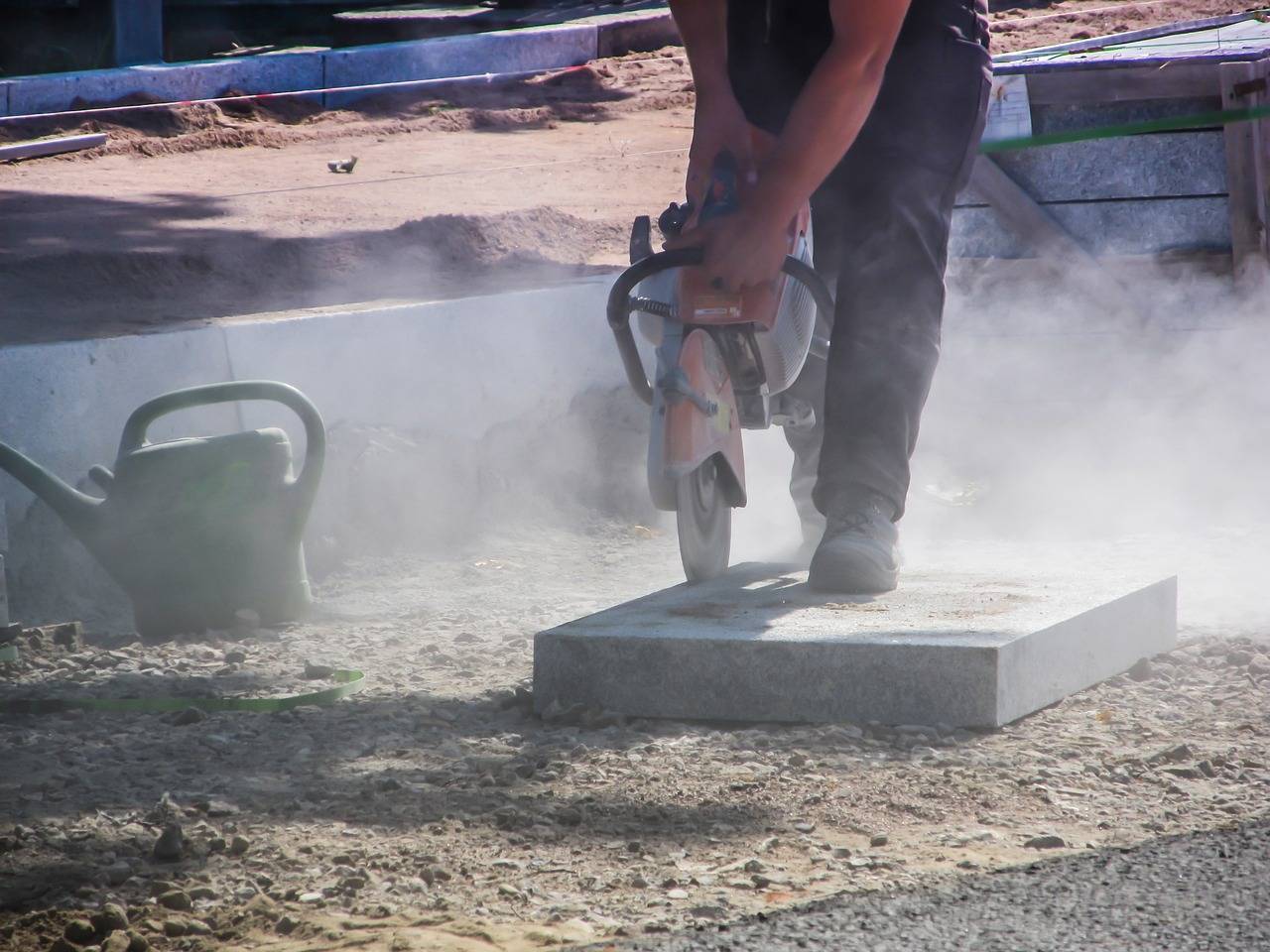
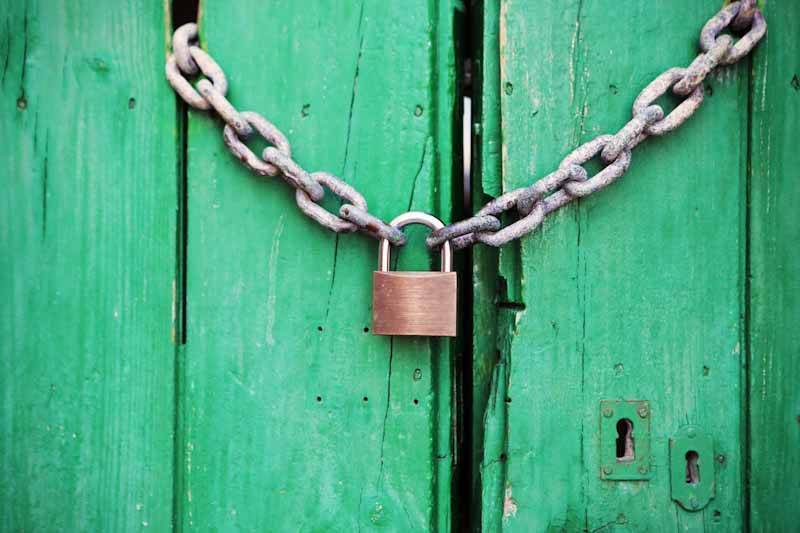
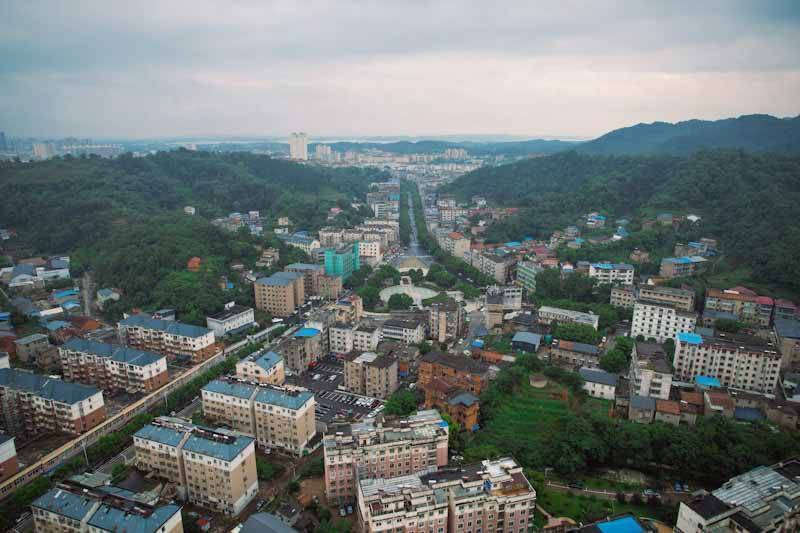

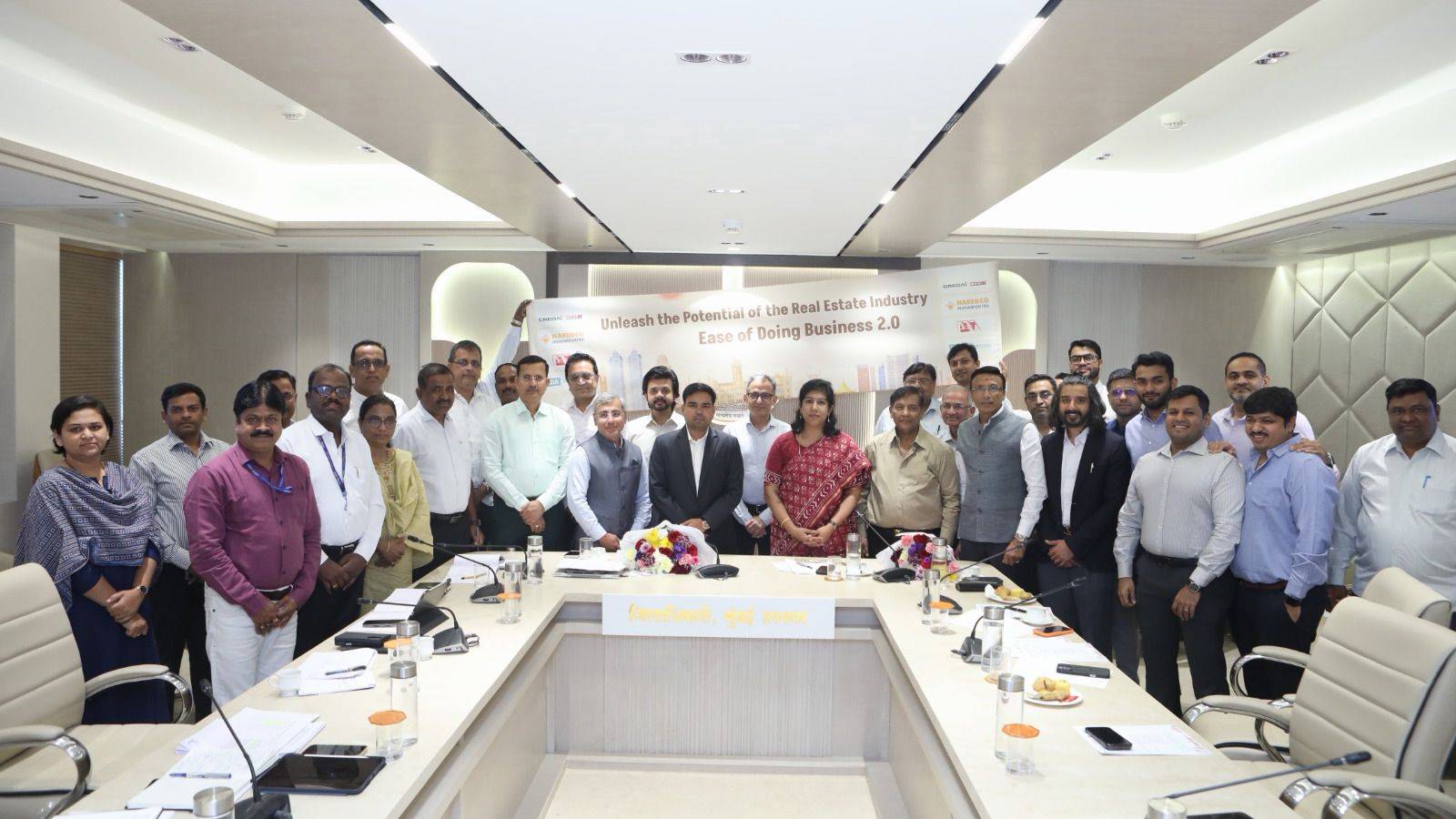


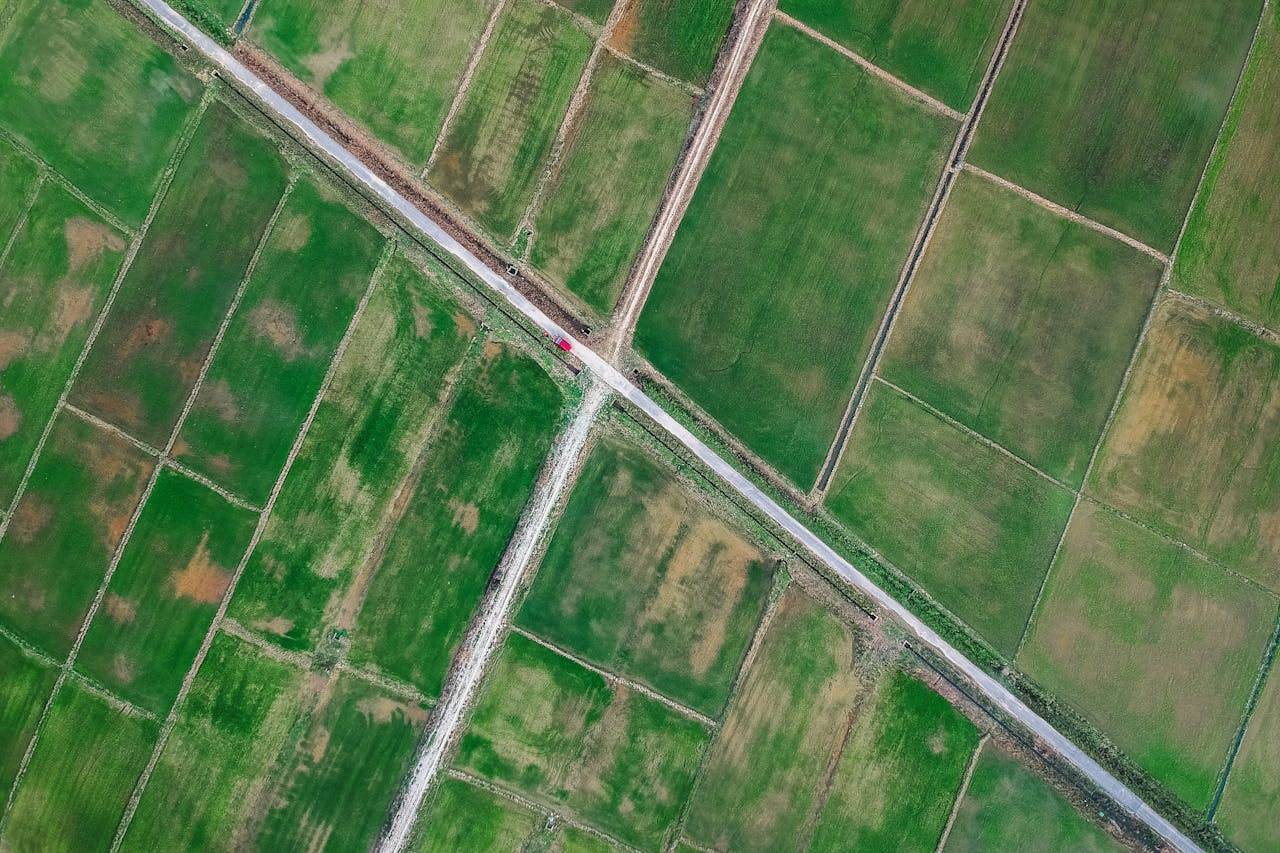
.png)